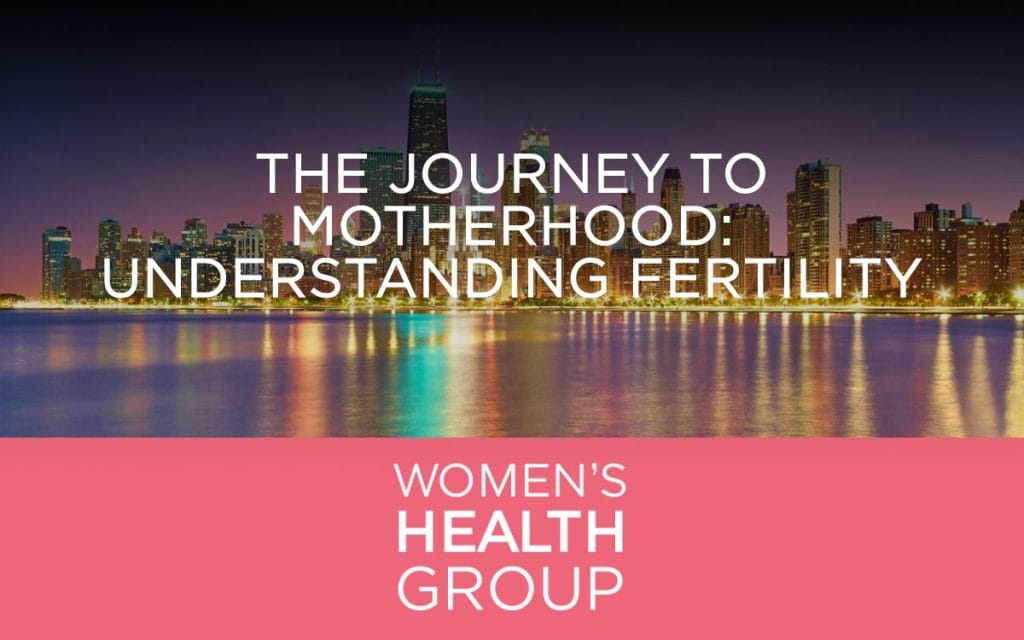The Journey to Motherhood: Understanding Fertility Basics
Whether a woman is not yet ready to become a mother, or she’s already begun the journey to motherhood, understanding fertility basics is crucial. As an obstetrics and gynecology group based in Chicago, Illinois, we’re here to provide you with comprehensive and reliable information on fertility, a critical component of women’s health.
Defining Fertility
Simply put, fertility is the ability to conceive and bear children. Contrary to popular belief, fertility is not solely a woman’s concern; it also pertains to men. For a pregnancy to occur, both the woman’s and man’s reproductive systems must be functioning correctly. However, the intricacies of women’s fertility are a bit more complex due to their reproductive system’s intricate design and menstrual cycle dynamics.
Understanding The Female Reproductive System
The ovaries, fallopian tubes, uterus, and vagina all play roles in the female reproductive system. Each has its unique function in the process of conception. A woman’s fertility is driven by the regular release of an egg from the ovaries—a process known as ovulation. This usually occurs in the middle of the menstrual cycle. The egg then travels down the fallopian tube, where it may meet sperm for fertilization.
Menstrual Cycle: The Fertility Clock
A woman’s menstrual cycle is like her fertility clock. A typical cycle lasts around 28 days, but it can range from 24 to 35 days. It involves several stages driven by hormonal changes, and these stages prepare the woman’s body for potential pregnancy.
The Importance of Age and Fertility
Age is a significant factor in a woman’s fertility. Women are born with all the eggs they’ll ever have, and this count steadily decreases with age. Furthermore, egg quality decreases over time, reducing the chances of conception. Generally speaking, fertility starts to decline more sharply from the mid-30s.
Lifestyle and Fertility
A woman’s lifestyle significantly impacts her fertility. Factors such as diet, physical activity, stress, smoking, alcohol use, and body weight can all affect a woman’s fertility. For example, a balanced diet and regular exercise can improve a woman’s fertility. Simultaneously, stress, smoking, and drinking alcohol can impair the fertility function.
The Role Of Regular Health Checks
Regular health checks play an essential role in maintaining fertility. Serious conditions such as sexually transmitted infections, endometriosis, and polycystic ovary syndrome can have a substantial impact on a woman’s fertility if not diagnosed and managed effectively.
Fertility Testing And Treatment Options
If a woman has concerns about her fertility, several tests can identify any potential issues. These range from simple blood tests to check hormone levels, to more complex procedures such as laparoscopy. Depending on the results, various treatment options may be available, including medication, surgery, and assisted reproductive technologies like in vitro fertilization.
The Emotional Journey Of Fertility
Fertility is not just a physical issue – it’s an emotional journey full of ups and downs. For many women, the path to motherhood can feel like a roller coaster, particularly when things don’t go as planned.
Fertility Basics: Empowering Women
Understanding fertility basics is a critical part of a woman’s journey to motherhood. This knowledge empowers women to make informed decisions about their health and family planning. More importantly, it enables them to engage in open and helpful discussions with healthcare providers.
Final Thoughts
The journey to motherhood can often be one filled with excitement, anxiety, and a myriad of emotions in between. However, understanding fertility basics helps equip women with the knowledge and confidence they need to navigate this critical life stage.
Remember, fertility is a complex subject and every woman’s journey is unique. We encourage you to reach out to a reliable source like the Mayo Clinic or the Women’s Health group for further reading, resources, and professional guidance.




